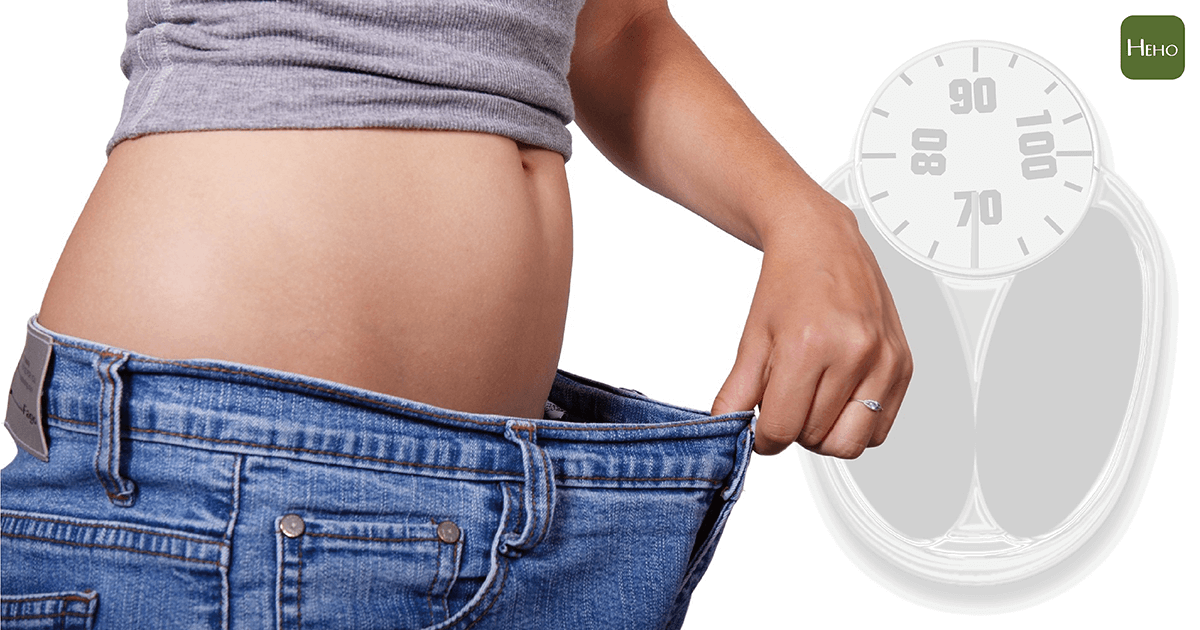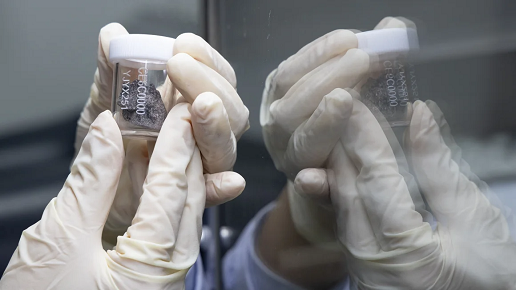With the arrival of summer, the number of people seeking weight loss has significantly increased. However, many find themselves wondering, "Why am I not losing weight despite eating very little?" Traditional Chinese Medicine (TCM) practitioners remind us that weight loss involves not only dietary restrictions and regular exercise but also ensuring that our metabolic rate is not declining. Dr. Ying-Ying Ho, a TCM practitioner, explains that weight gain is generally due to excessive calorie intake and decreased metabolism. The former can be managed through dietary control and TCM herbal teas, while the latter requires an assessment of one’s constitution to achieve better weight loss results. The "Huangdi Neijing" classifies obesity into three types:
- Gao Type: Predominantly due to excess, often associated with poor eating habits, frequent consumption of cold drinks, fried and spicy foods, and constipation.
- Zhi Type: Typically seen in individuals with a weaker constitution, commonly among women with a fair, soft appearance, cold extremities, and prone to water retention.
- Rou Type: Characterized by excessive muscle mass, often found in individuals with regular fitness habits. Ensuring adequate water intake to boost metabolism is key.
The first step in weight loss is "adequate water intake," with a recommendation to drink water equivalent to "body weight x 40cc" daily. Cellular metabolism relies on water molecules for biochemical reactions, and inadequate water intake can significantly reduce metabolic rate, leading to water retention.
Using Traditional Chinese Medicine (TCM) herbal teas to improve obesity involves using herbs that can enhance body metabolism and reduce visceral fat. These teas not only help with digestion and reducing greasiness but also effectively lower body fat. (Photo / Heho Health)
Limit the intake of raw and cold foods, promote diuresis, and reduce water retention
According to TCM theories, "dampness" is a root cause of obesity. It is advised to avoid excessive intake of raw, cold, grilled, fried, and spicy foods that can lead to water retention. Occasionally choosing whole grains like brown rice as a staple, or incorporating ginger into dishes to warm the stomach and strengthen the spleen can be beneficial. Additionally, consuming corn silk tea, winter melon soup, and coix seed soup can help promote diuresis.
Using Traditional Chinese Medicine (TCM) herbal teas to address obesity typically involves herbs that boost metabolism and reduce visceral fat. Some of these herbs include fleeceflower root, cassia seeds, hawthorn, poria, ophiopogon root, lotus leaf, monk fruit, licorice, black plum, and ginger. These herbs not only aid digestion and reduce greasiness but also effectively lower body fat.

Exercising for just 5 minutes a day with deep breathing or brisk walking for 20 minutes can stimulate the core muscles and steadily boost metabolism. (Photo / Heho Health)
Acupuncture can improve blood circulation and boost metabolism
Heho Health emphasizes that stimulating specific acupuncture points can aid in diuresis, reduce swelling, improve blood circulation, and subsequently enhance metabolism. Treatment is typically needed 2 to 3 times a week. Thread embedding for weight loss follows the same principle as acupuncture but involves inserting absorbable catgut into acupuncture points for continuous stimulation, typically absorbed within 5 to 7 days before the next treatment.
Diet and regular exercise are crucial for successful weight loss. A study published in the Journal of the Association for Consumer Research found that using smaller containers to limit food space effectively reduces calorie intake. Additionally, eating slowly without rushing can enhance satiety.
For exercise, performing daily squats for 5 minutes combined with deep breathing or brisk walking for 20 minutes to induce light sweating can stabilize core muscles and boost metabolism. For those less inclined to exercise, taking hot baths or foot soaks can help eliminate water retention. Adding appropriate foot bath packs to the water can further improve circulation and reduce swelling.
Avoid self-medicating with weight loss pills as they can harm the body. Even if they cause temporary weight loss, the chances of regaining the weight later are high, making it a risky endeavor.







